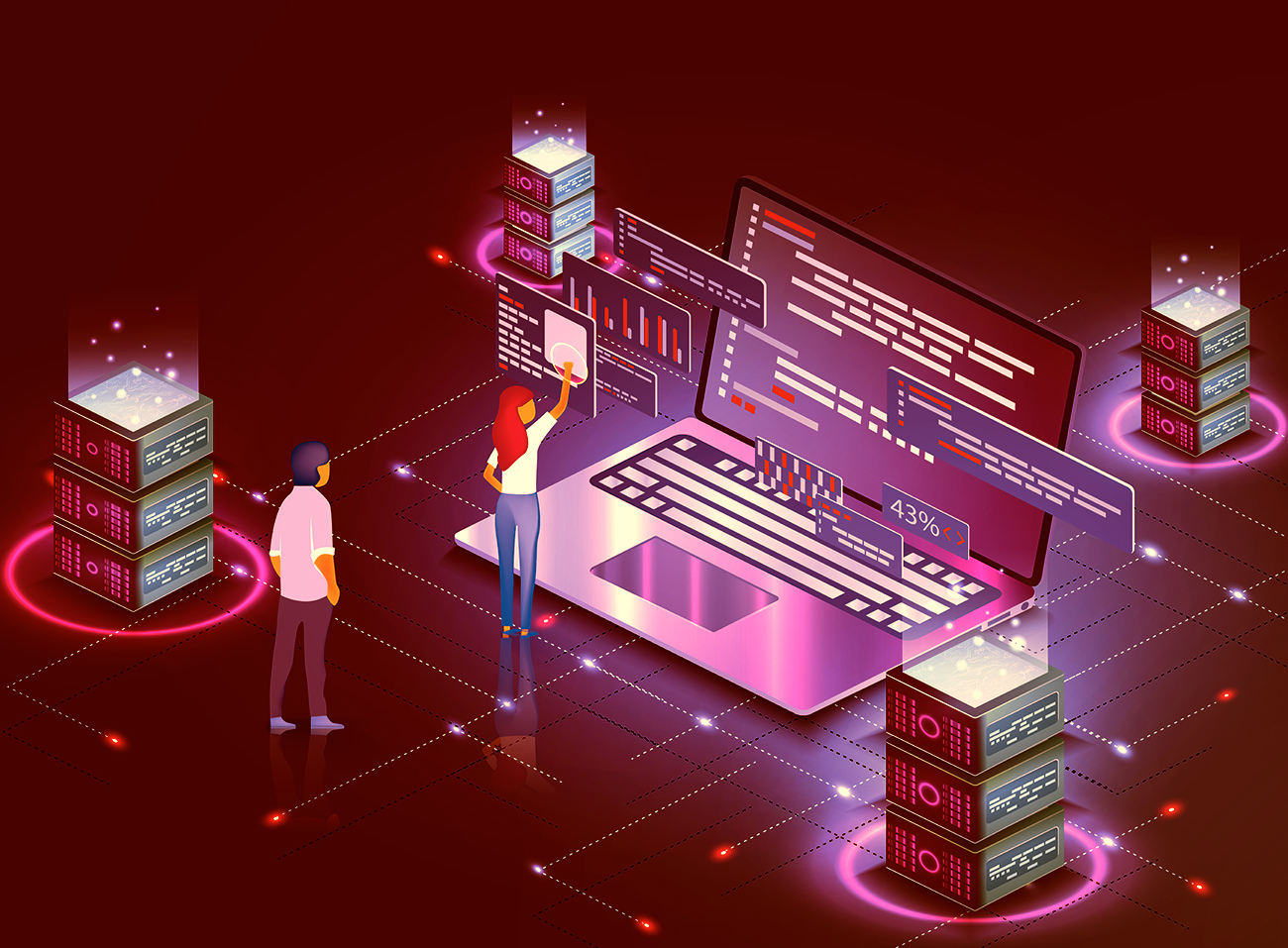


The most common term associated with Bitcoin, Ethereum, Blockchain or any other crypto asset, today is “decentralised”. By putting a few of these “21st-century technological assets” into context, a majority of us would be having a hard time explaining decentralisation. In a few cases, decentralisation would make sense, and in a few, it wouldn’t. And the question still remains–Is the term “decentralisation” legitimate to use with Blockchain? i.e. is Blockchain “truly decentralised”? Or “just decentralised”?
First of all, Decentralisation is not a new idea, it is as old as the governments. For example, an insurance product, which is sold by several insurance companies, is basically an idea forged by a group of people, at first. These people mutually agreed that if one ship sinks or gets lost, then there is another ship, to take its place. Basically, a backup scheme for every backup, arranged by a group of people. This is the basic definition of decentralisation. It should be noted, that this is one classification of decentralisation and cannot be understood the same as distributed.
How many types of decentralisation are there?
As categorized by Vitalik Buterin; There are three types of Decentralisation- Architectural Decentralisation, Logical decentralisation and Political Decentralisation.
“Architectural – How many physical computers are in the network?
Political – How many entities control these computers?
Logical – does the data structure and interfaces of the systems behave like a single structure or a swarm”-—According to Vitalik Buterin
Still, the question, are Blockchains’ today “truly decentralised” prevails? The answer to this is NO; Here’s why-
- IF there are 4 systems in a network, and they all have the same defect. Considering the fact that every node in a blockchain run the same client software, and if it gets corrupted because of any anonymous reason, then, as a result, the whole system will turn red (standby). This puts Architectural Blockchain on a complete question mark.
- When it comes to political decentralisation–majorly run by communities (from the same country or area), it can easily be closed by the authorities. In short, it can be compromised at some point or the other.
The final case for blockchain’s decentralisation is that it is indeed logically decentralised. For example, there are no owners, or board of directors or CEOs, who gets the freedom of control on the network. This means that blockchain, as a technology still has stakeholders and people who control it’s power, like developers, and “whale” investors with power and huge wallets.
This means that blockchain is decentralised only to a certain extent, but, is far from being “truly decentralised”.


Alacrity- Truly Decentralised; HOW?
Decentralised Internet
Alacrity Network was established on the framework of creating a “truly decentralised internet”’ where community members have the authority to vote for installing governance. Here, every user has the freedom to cast 1000 votes. To make this truly decentralised, each governance campaign demands 80% of the voters’ collective engagment for a certain decision validity.
In short, establishing a community for the community. By having a fast-growing community, that has the freedom to vote, the network can scale and grow in accordance with the people and industrial shifts.
Scalable Blockchain where Developers can experiment their own creativity
Alacrity offers a completely decentralised network to its developers so as they can confront their truest ambitions in app development i.e. build without any restrictions.
Financial Rewards for both Voters and Daps developers?
In exchange for a community member’s precious vote in contribution to the election of block producers and governance, they earn financial profits. Since, Alacrity network prototype subsidies daps on the bases of user registration with daps, developers earn financial profits as well.
Final Verdict
Alacrity Network is again like an insurance platform, the only difference is, users here earn as per their activity and not on the occasion of any misadventure. It obeys the laws of decentralisation and gives everyone an equal opportunity to secure their existence, activities and role, on the network.
Is this convincing enough to get you on board with us? If yes, then join our telegram community right now- https://t.me/alacritynetworkcommunity

Leave a Reply